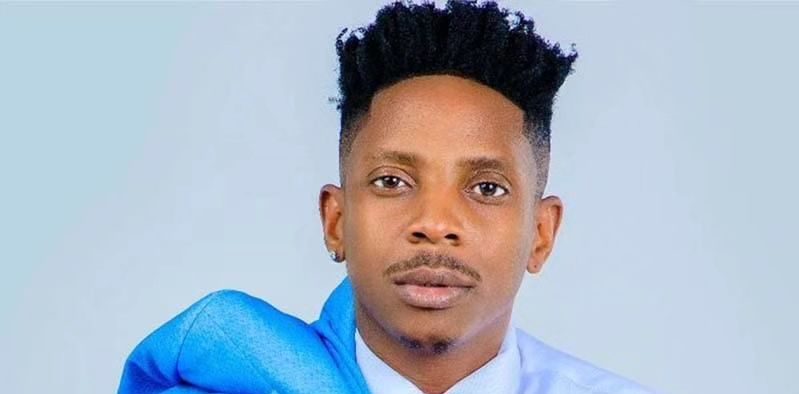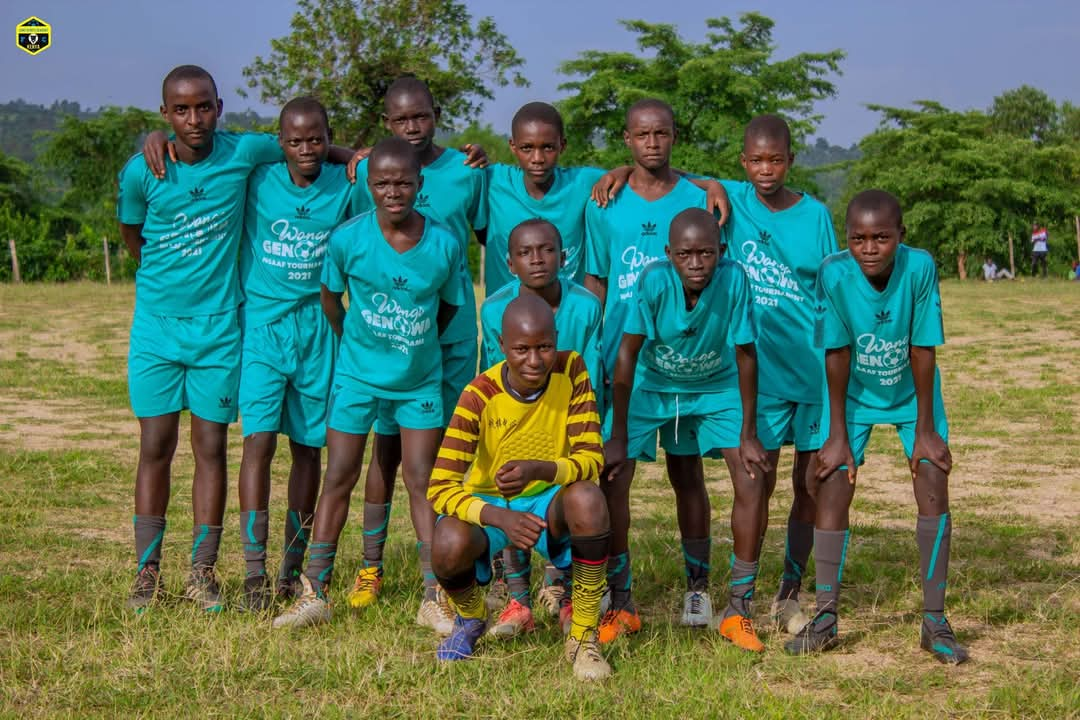Kenyan Mchawi sentenced for beheading girlfriend for ritual
Wechuli, a traditional healer who resided in Kawangware, Nairobi, left for home with Jane Kadogo Mutiso, his longtime partner of four months. Wechuli, who shared a home with his two children, called his daughter and requested her to fetch him a knife sometime after they had gone to bed.
The neighbor’s daughter overheard the healer asking someone to get on their knees and plead for forgiveness a little while afterwards. The daughter glanced through a gap in the door, enthralled by what she saw. The two were naked, and the male was urging the woman to close her eyes. He had a knife in his hand at the moment.
The youngster hurried over to her mother right away and told her what they had seen when they saw the man with his two kids and without the spouse.
In reaction to this, a mother and daughter went back to peek, and when they used a torch they found a leg. They called the watchman, who then got in touch with the landlord’s son, who dialed the watchman to unlock Wechuli’s house.
They were shocked to find a woman’s naked, decapitated body inside. Kadogo’s intestines were visible due to a cut in her stomach. There was a knife found nearby the body.
The witnesses went to the Muthangari police station and reported what they had seen after seeing this.
After being placed in a basket, Kadogo’s head was discovered by the police when they arrived. Additional ceremonial materials including a feather, twigs, and sorghum sticks were kept in a calabash. The victim was placed next to the bleeding knife. The cause of death was determined by an autopsy to be blunt force trauma lesions in the neck and abdomen. The DNA investigation revealed that the body and head belonged to Kadogo.
Later, Wechuli appeared at the police station and was held there. After being transported to the Kabete Police Station, he was sent to the Mathari Hospital for a mental health assessment.
The doctor concluded that the man’s mental state was normal, and the trial began with the prosecution calling 11 witnesses. Wechuli said, when challenged, that he had no wish to kill his partner.
Despite his protestations that he felt lightheaded and weary throughout that time, Kadogo insisted that they keep making love. The woman’s voice sounded like an epileptic when he rested on her chest in response to her pain.
According to information provided to the High Court, Wechuli saw a sizable hand coming toward him and used a big knife he was holding to chop it. Before the head appeared, he saw a vision of a body without a head. Then he perceived himself in a wilderness with an iron sheet shanty and a light.
Wechuli asserted that he saw the man take a head in his hand, chuck it, gather his kids, and lead them to their mother’s house in Kibera. On the way to the bus terminal, he said that he had a stomach ache and could smell alcohol.
Wechuli saw a crowd as he got home after dropping his kids off and a woman screaming, “The grandfather has killed someone.” Wechuli continued by stating that traditional medicine was utilized to treat and cure him for mental health concerns he had in 1986.
“According to him, if he was in his right mind, he would not have murdered the deceased. He pleaded that he had no intention of committing the offence,”
The trial court came to the conclusion that, taken as a whole, the evidence indicated that the defendant knew exactly what he was doing and that his intent to cause death was very evident.
He had not also demonstrated his insanity.
On March 8, the court handed down the death penalty after finding him guilty. In a petition to the Court of Appeal, Wechuli argued that the trial judge had violated the law by failing to consider his mental state at the time of the offense.
After reviewing the case, the court learned that the prosecution’s request for Wechuli to undergo a second exam was granted. When he was 12 years old, the boy overheard his father say that his son had a mental illness.







